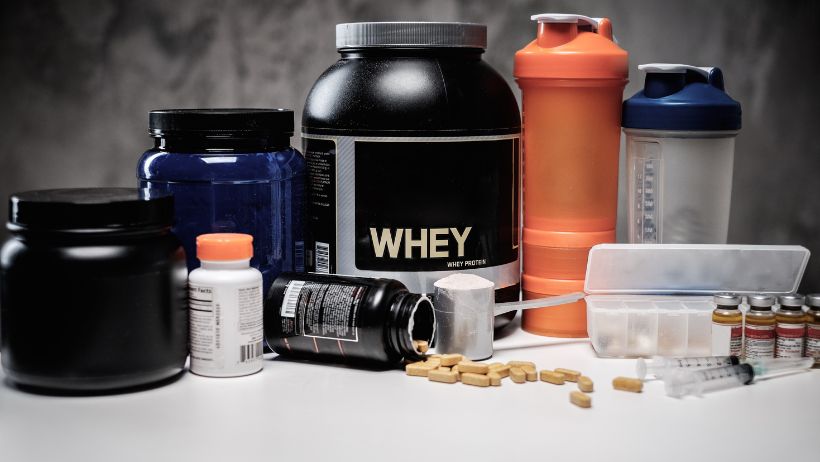
Study Exposes Mislabeling and Contamination in Indian Protein Supplements
Proteins are the bedrock of bodily function, indispensable for growth, repair, and overall well-being. In a nation where fitness and wellness are increasingly prioritized, the demand for protein supplements has surged, propelling India’s protein-based product market to staggering heights. Yet, a recent study casts a shadow over the industry, revealing alarming discrepancies in the labelling and safety of popular protein supplements.
According to the study, conducted by clinical researchers from Rajagiri Hospital in Kerala and a tech entrepreneur from the United States, a staggering 70% of examined protein products in India do not meet their label claims. Furthermore, a concerning 14% of these supplements harbor harmful toxins, posing potential health risks to consumers. Traces of pesticide residue were also detected in 8% of the tested products, highlighting pervasive contamination issues.
The findings, published in the esteemed journal Medicine, underscore a critical need for enhanced regulation and oversight within the protein supplement industry. Led by a team of dedicated experts, the study represents a pioneering effort to illuminate the hidden dangers lurking within seemingly innocuous protein powders.
In their analysis of 36 brands of protein powders, the researchers uncovered many concerning revelations. Blended formulations, touted for their purported health benefits, often contained liver-toxic botanicals, raising serious questions about product safety and efficacy. Moreover, mislabeling was rampant, with nearly 70% of tested supplements failing to meet advertised protein content.
The study’s findings are a wake-up call for consumers and regulatory authorities. With most Indian-made protein supplements falling short of quality standards, unsuspecting consumers may unwittingly expose themselves to health risks. Rigorous oversight and stringent quality control measures are imperative to safeguard public health and restore trust in the supplement industry.
Moreover, the prevalence of protein or amino spiking—a deceptive practice aimed at inflating protein content—underscores the need for greater transparency and accountability among manufacturers. As consumers increasingly turn to protein supplements to support their fitness goals, they deserve products that deliver on their promises without compromising safety. Regulatory authorities play a crucial role in ensuring this transparency and accountability, and their vigilance is more important now than ever.
Moving forward, concerted efforts must be made to enact robust regulations that hold manufacturers accountable for the accuracy and safety of their products. By fostering a culture of transparency and accountability, we can ensure that protein supplements are a source of strength and vitality, rather than a potential health hazard.

Comments are closed.